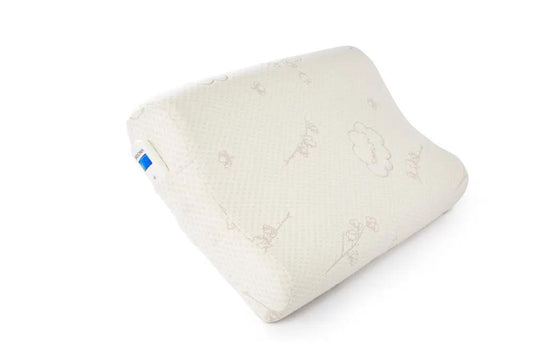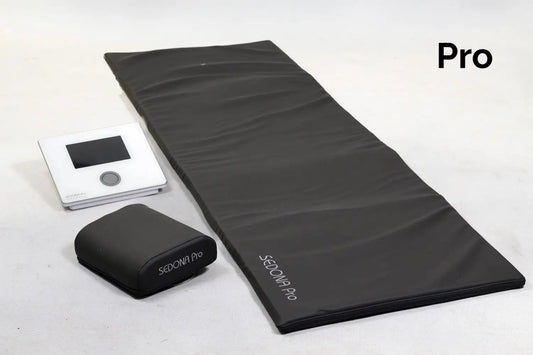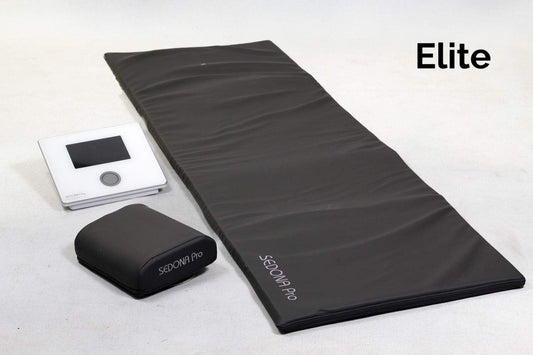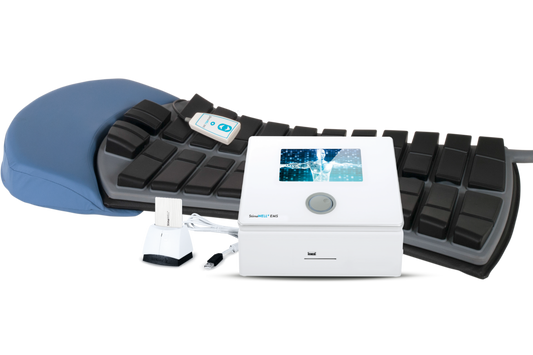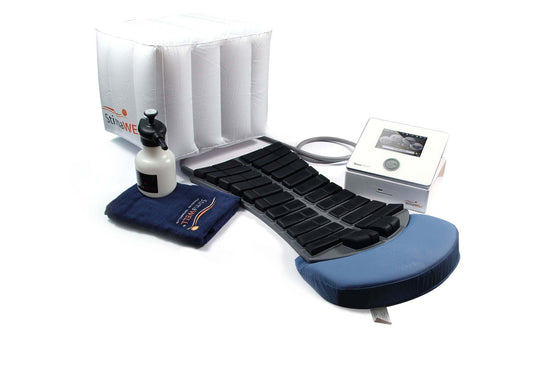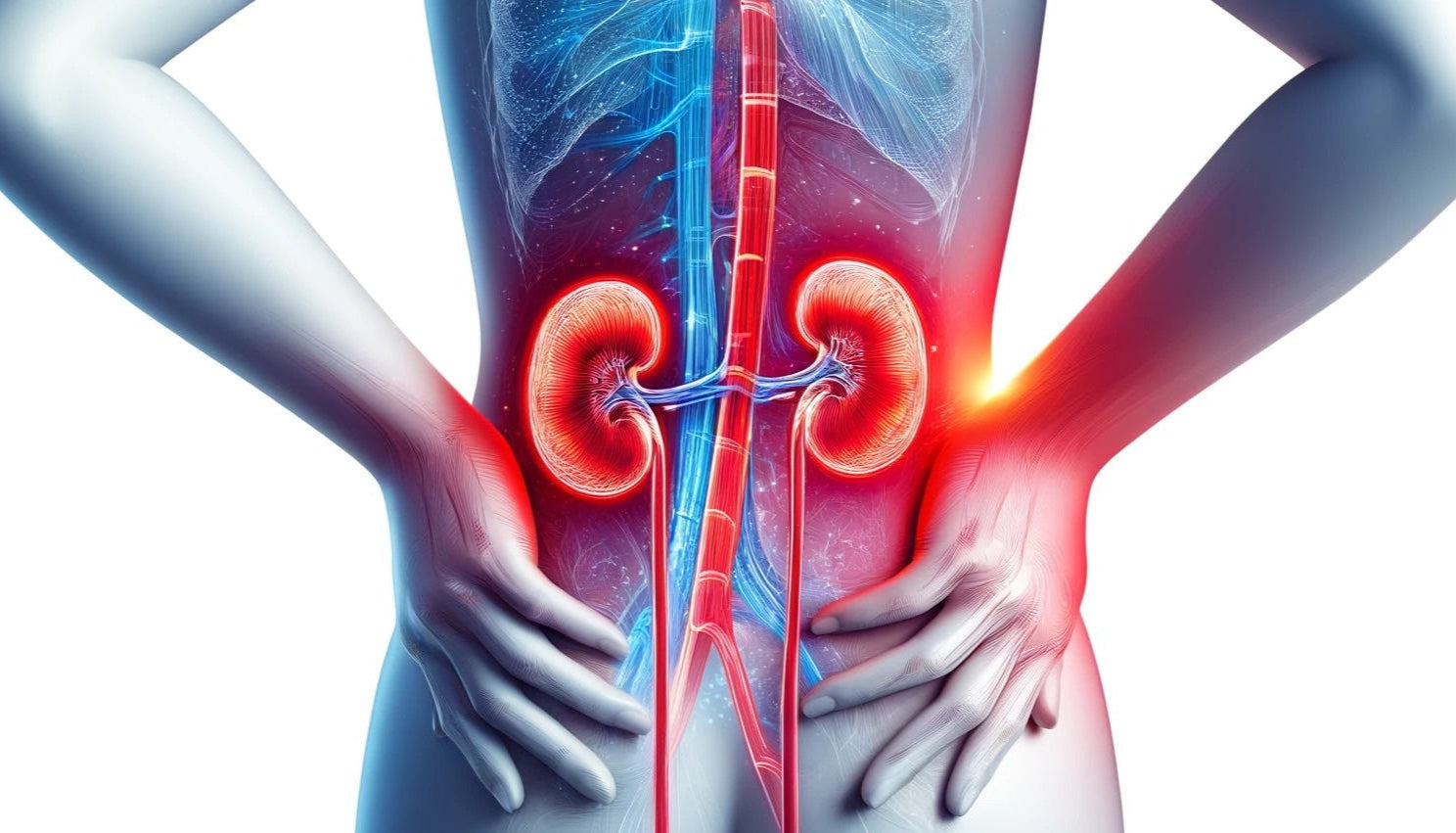
PEMF THERAPY FOR KIDNEY PROBLEMS
PEMF (Pulsed Electromagnetic Field) therapy has shown promising potential in addressing various health issues, including kidney problems. Utilizing a PEMF mat could offer a supportive role in managing kidney health by enhancing cellular function and overall well-being. Here’s an in-depth explanation of how PEMF therapy can assist with kidney issues and why investing in a PEMF mat could be beneficial for individuals facing such challenges.
Understanding Kidney Problems and PEMF Therapy
Kidney problems can range from chronic kidney disease (CKD) to acute injuries that impair kidney function. These conditions can lead to a buildup of toxins in the body, resulting in various health issues. Traditional treatments typically focus on managing symptoms, slowing progression, and maintaining overall health through diet, medication, and in severe cases, dialysis. PEMF therapy offers a complementary approach by targeting the body's natural healing processes at the cellular level.
How PEMF Therapy Aids Kidney Health
Enhancement of Cellular Function:
PEMF therapy stimulates cellular metabolism; this is crucial for kidney health as it can help maintain the functionality of the cells within the kidneys. Improved cellular function can aid in the kidneys' ability to filter blood, manage waste products, and regulate body fluids and electrolytes.
Reduction of Inflammation:
Chronic inflammation is a common issue in patients with kidney disease, contributing to further deterioration of kidney function. PEMF therapy has anti-inflammatory properties that can help reduce swelling and inflammation, potentially easing the strain on kidney tissues and supporting healing processes.
Promotion of Blood Circulation:
Effective blood circulation is vital for transporting nutrients to the kidneys and removing wastes and excess fluids from the body. PEMF therapy can enhance circulation, ensuring that the kidneys receive a steady supply of the oxygen and nutrients needed for optimal function.
Support in Pain Management:
Kidney conditions often cause discomfort or pain, particularly in the lower back. PEMF mats can target these areas, providing relief from pain and improving the quality of life for individuals with kidney issues.
PEMF MAT BENEFITS FOR KIDNEY PROBLEMS
Our PEMF mat is specifically designed to maximize the therapeutic benefits of PEMF therapy for individuals with kidney problems:
Comprehensive Coverage:
The mat's large surface area allows for a broad range of body coverage, ensuring that the electromagnetic fields effectively reach the kidney region.
Adjustable Settings:
With various intensity levels and frequencies available, users can customize their therapy sessions according to their specific health needs, maximizing the therapeutic effects.
Ease of Use:
Designed for convenience, our PEMF mat is easy to use at home, allowing for regular sessions that can be seamlessly integrated into your daily routine without the need for frequent clinical visits.
Safety and Comfort:
Constructed from durable and comfortable materials, our mat ensures a safe and pleasant experience during each therapy session.
CONCLUSION
Investing in a PEMF mat presents a unique opportunity to enhance kidney health through a non-invasive and innovative approach. By improving cellular function, reducing inflammation, boosting circulation, and aiding pain relief.
PEMF therapy can be a valuable addition to traditional kidney disease management strategies. Take control of your kidney health and overall well-being. Embrace the potential of PEMF therapy to make a significant difference in your life.
RECOMMENDED PROGRAMS
If you already own one of our PEMF Mats we recommend these programs for Kidney Problems:
-
SEDONA PRO/PRO PLUS PEMF MAT
Sport: 6
-
SEDONA ELITE PEMF MAT
Wellness: 4
Longevity: 1, 4
STUDIES
-
Read Study
Research Gate - Effects of extreme low frequency pulsed electromagnetic field added to kinesitherapy procedure on quality of life in patients with end stage renal disease on dialysis
SEDONA WELLNESS PRODUCTS
-
SEDONA PEMF FACEMASK
Vendor:Sedona WellnessRegular price $390.00 USDRegular priceUnit price / per -
TIMMYZZZ PEMF PILLOW
Vendor:Sedona WellnessRegular price $390.00 USDRegular priceUnit price / per -
SEDONA PRO PEMF MAT
Vendor:Sedona WellnessRegular price From $5,900.00 USDRegular priceUnit price / per -
SEDONA PRO PLUS PEMF MAT
Vendor:Sedona WellnessRegular price From $6,900.00 USDRegular priceUnit price / per -
SEDONA ELITE PEMF MAT
Vendor:Sedona WellnessRegular price From $7,900.00 USDRegular priceUnit price / per -
SEDONA PEMF CHAIR
Vendor:Sedona WellnessRegular price From $14,900.00 USDRegular priceUnit price / per -
STIMAWELL EMS BACK MAT
Vendor:Sedona WellnessRegular price $16,900.00 USDRegular priceUnit price / per -
LONGEVITY LOUNGER PEMF BED
Vendor:Sedona WellnessRegular price From $21,900.00 USDRegular priceUnit price / per




